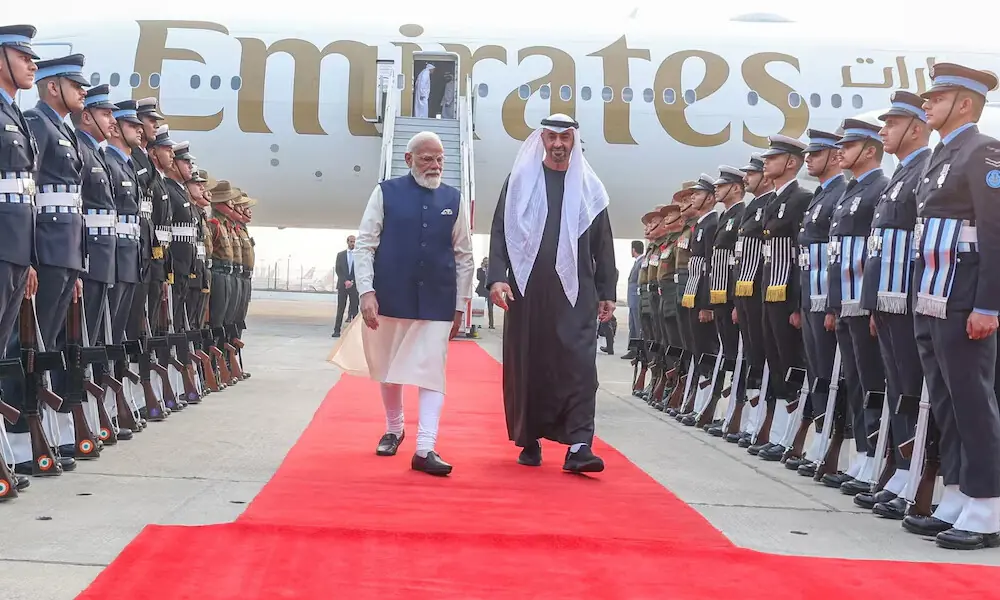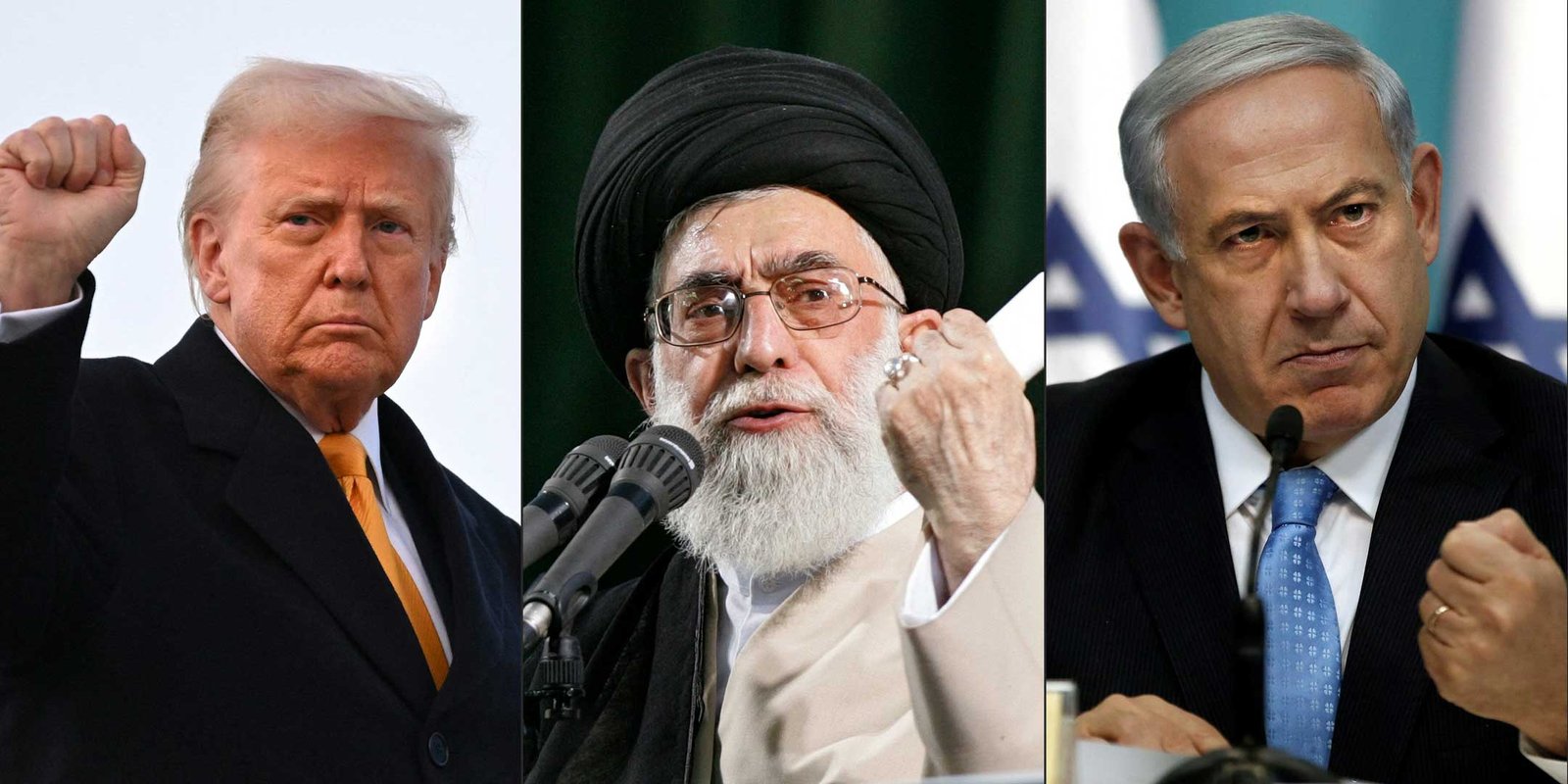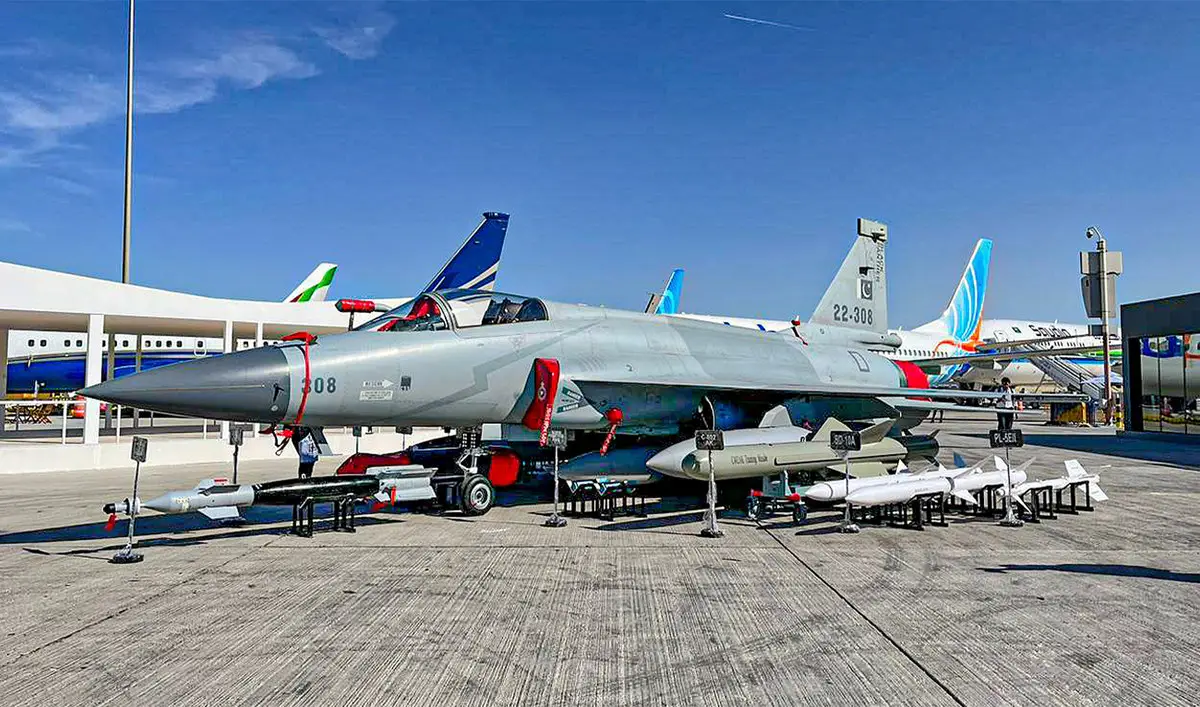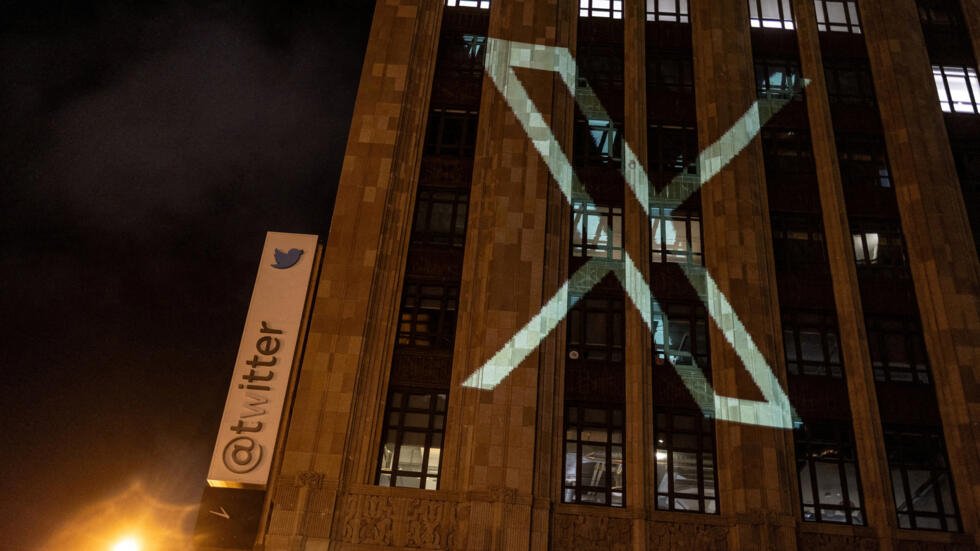After national talks, Burkina Faso’s military rulers have agreed to extend the transition back to democracy by 60 months from July, effectively allowing them to remain in power for an additional five years. This decision was made during a two-day national dialogue aimed at charting a path back to civilian rule in a country plagued by political violence.
Colonel Moussa Diallo, chairman of the organizing committee of the national dialogue process, confirmed that the transition period is fixed at 60 months from July 2, 2024. The new charter, signed by military leader Ibrahim Traore, also states that the elections marking the end of the transition may be held earlier if the security situation permits. Additionally, the charter allows Traore to run for president when the elections take place.
Under the new accord, quotas will no longer be used to assign members of traditional parties seats in the assembly. Instead, “patriotism” will be the sole criterion for selecting deputies. The talks in Ouagadougou involved civil society representatives, security and defense forces, and lawmakers in the transitional assembly, but were boycotted by many political parties.
This extension of military rule is likely to raise concerns about democratic backsliding in Western and Central Africa, a region that has witnessed eight coups over the past four years. In Burkina Faso, armed groups have been engaged in a rebellion since 2015, resulting in thousands of casualties and the displacement of millions. The military government has been struggling to address the country’s security challenges, which was cited as the reason for seizing power in September 2022.
Furthermore, Burkina Faso has cut military ties with former colonial ruler France and turned to Russia for security support. Approximately half of Burkina Faso’s territory remains outside of government control, highlighting the ongoing security issues faced by the country.















